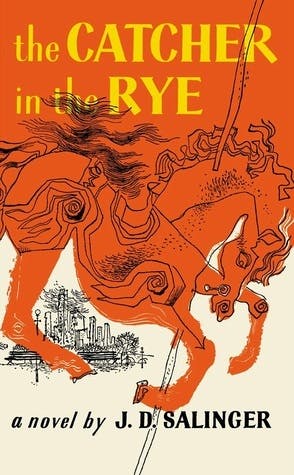Little Women Summary
Key Takeaways
- The importance of family and the strength of sisterly bonds are central to overcoming life’s challenges.
- Each sister, with her distinct personality and aspirations, represents different paths for women in society.
- The novel emphasizes that true contentment and success come from staying true to one's values and beliefs.
- Alcott addresses women’s roles and the struggle for independence, highlighting the limited opportunities available to women during the period.
- Personal sacrifices for the good of the family are portrayed as noble, yet the characters also strive for individual fulfillment and happiness.
🌿 ReflectBay
Overthinking again?
You're not too much. You're just overwhelmed and it's okay. We help you untangle the noise and feel calmer.
We'll help you...
Summary
The story follows the lives of the four March sisters—Meg, Jo, Beth, and Amy—as they navigate their way from childhood to adulthood under the guidance of their mother, Marmee, while their father is away at war.
Each sister embodies different aspirations and challenges. Jo, the protagonist, is particularly focused on, depicting her struggle against the conventional expectations of women to pursue a career in writing.
Interpersonal relationships and romantic interests also play significant roles in their lives, influencing their decisions and growth.
'Little Women' is celebrated not only for its rich characterization and moral lessons but also for its progressive approach to the traditional roles of women, inspiring readers with its portrayal of the March sisters' resilience and pursuit of happiness.
Also recommended

The Catcher in the Rye
J.D. Salinger
To Kill a Mockingbird
Harper Lee
